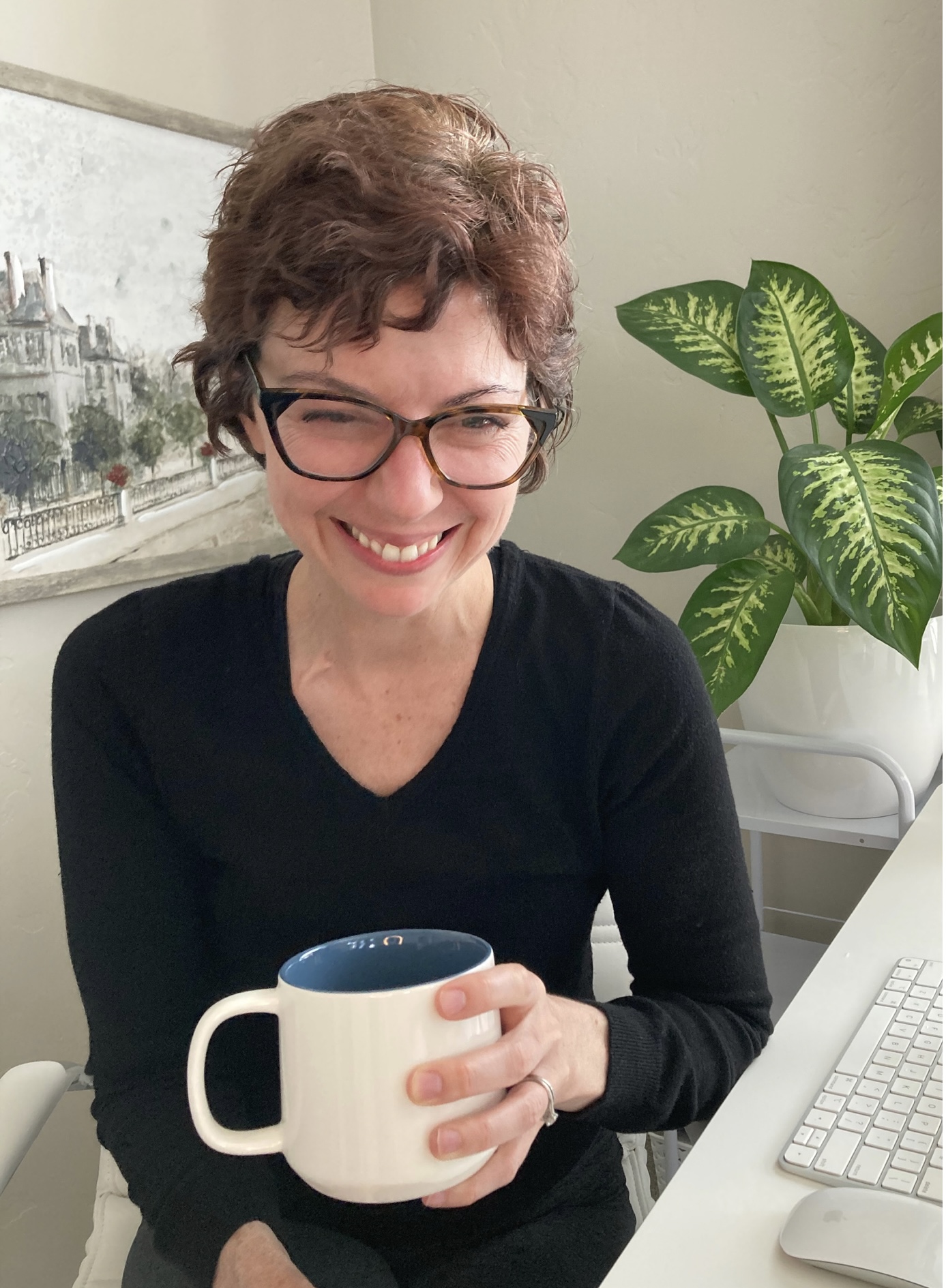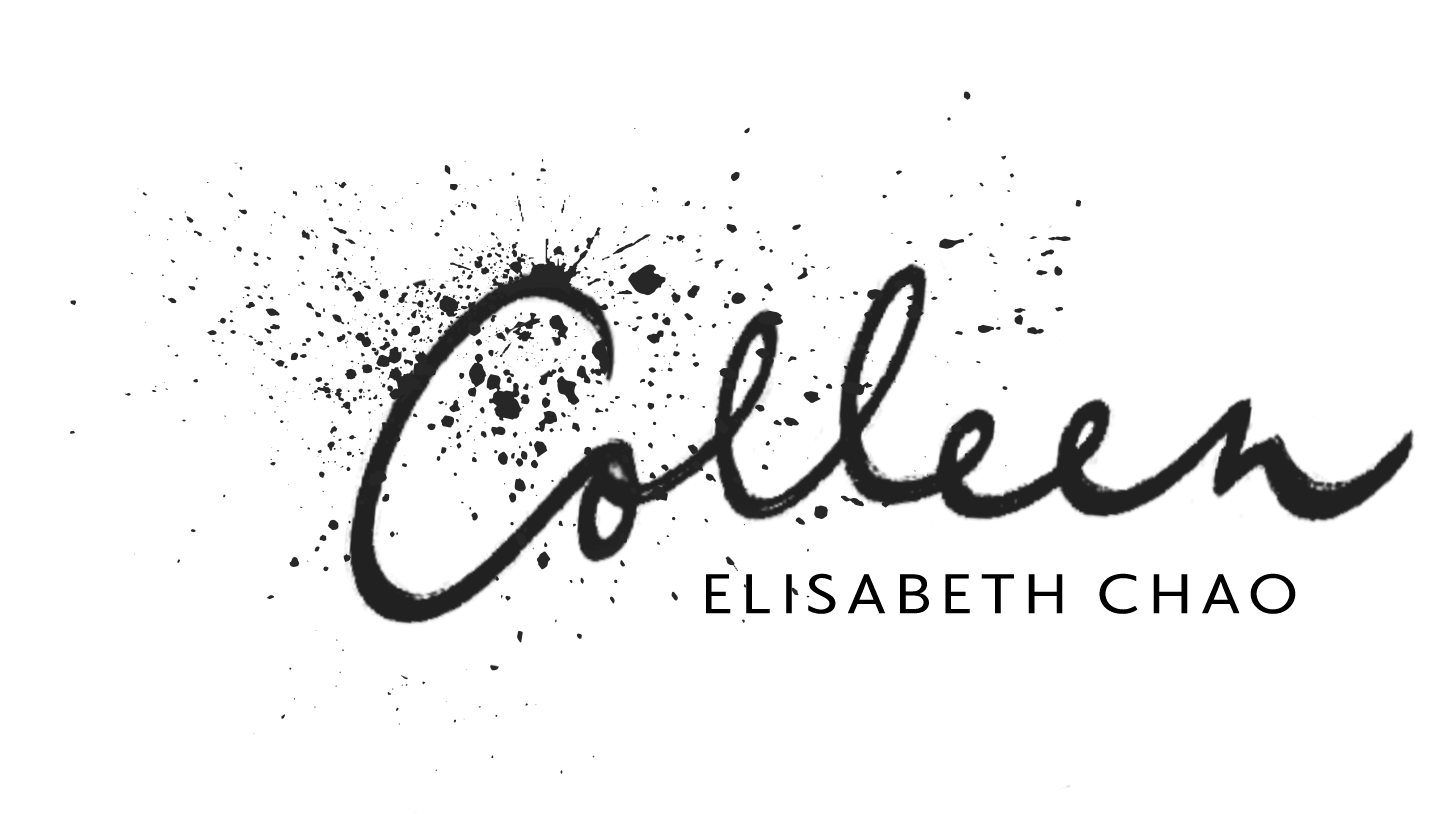I just spent an unforgettable week in Oxford, England, whisked away by the articulate pen of Carolyn Weber. It’s no easy task to hold my attention captive for 450 pages, but this book did just that.
In her memoir, Surprised by Oxford, Weber invites the reader to journey with her through her conversion story in the mid-1990s among the world’s academic elite. By organizing her book according to Oxford’s three academic terms, and describing the historical town in rich detail (stomping grounds for the likes of Lewis, Tyndale, Latimer and Ridley), Weber creates a portal to the past, making it easy to walk in her footsteps and feel the forcible nature of God’s goodness in her story.
She begins by sketching dark portraits of her life before Christ—a broken family, her anxieties and insecurities, her quest for perfection. For a majority of the book she describes the push-and-pull of her spiritual battle, and speaks openly of her longings that were for something more than “the meaningless exchange of bodily fluids, sweating among strangers, maneuvering amid pseudo intimate relationships.”
But as the book progresses, its pages feel less and less dark, then less mottled, and by the final chapters there is exhilarating light and joy.
One of my favorite aspects of this book is “meeting” and learning from the believers who loved Weber to Christ. The Christians in her life are not perfect by any means, but they are utterly compelling. She describes them as
“…deliberate. They were pursuing despite being persecuted. They were deliberate in discerning and knowing their own hearts, confessing their own faults, desiring forgiveness, and being grateful for grace. They were then deliberate in exercising the same forgiveness that had been granted to them…”
But despite her friends’ authentic faith, Weber describes her antagonistic spirit towards them. She made it anything but easy for them to pursue her, to continue dialoging about the good news. But underneath her prickles, behind all of her acidic arguments, was a steel-trap heart being undone.
“That is the bizarre thing about the good news: who knows how you will really hear it one day, but once you have heard it, I mean really heard it, you can never unhear it. Once you have read it, or spoken it, or thought it, even if it irritates you, even if you hate hearing it or cannot find it feasible, or try to dismiss it, you cannot unread it, or unspeak it, or unthink it.”
Try as she might, Weber couldn’t dismiss her Christian friends’ joy (“no one else has it in such abundance”), couldn’t shake their good news, couldn’t stop the rising tide of Grace.
Ever wistful and compelling—told as only a literature professor can tell—Weber’s story is a striking reminder that Christ’s message is for our world today in all of its antagonism and plurality and chaos.
The message cannot be unheard, so it needs to be told.
If you are praying for an unbeliever in your life, if you are asking God for greater courage to share His good news with those around you—this book is for you.
If you are agnostic or atheistic or cannot fathom how academia and faith can be inextricably bound up together—this book is for you.
If you need to remember the beauty of the good news, need to revisit “the love you had at first” (Revelation 2:4)—this book is for you.
Of all the incredible books I’ve read in 2017, this one is by far my favorite, and I owe a debt of gratitude to Carolyn Weber for serving as “a bridge spanning poles, [she] crossed over to others and embraced.”

